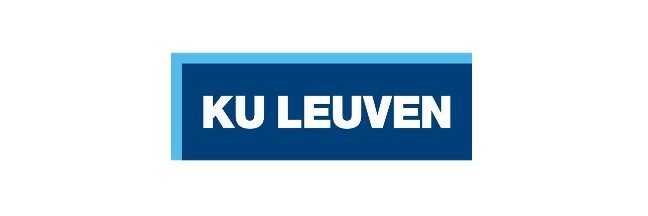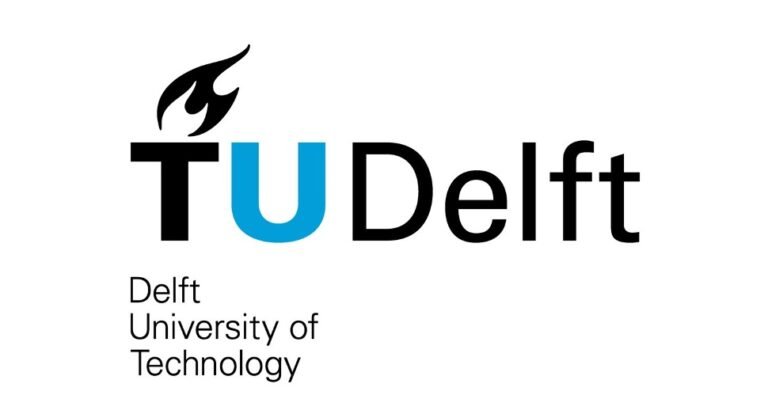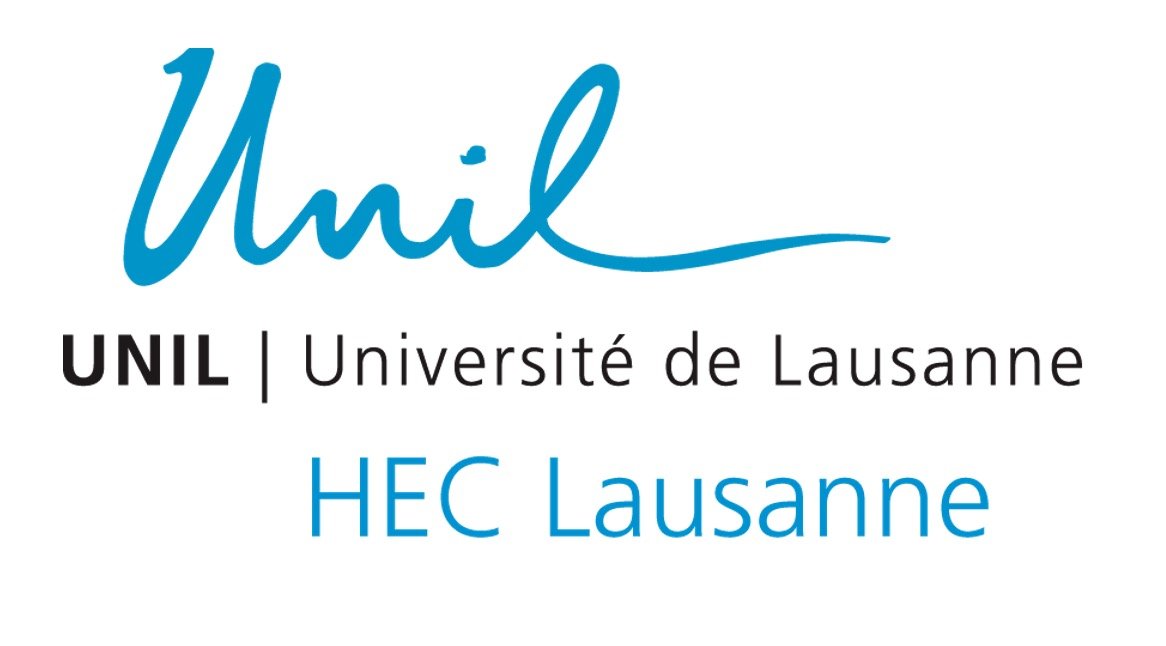With a team of more than 30 dedicated researchers, ADVISE contributes to innovation in microelectronics for demanding environments and AI-driven technologies.
Within KU Leuven – the most innovative university in Europe – we collaborate with key international partners including CERN and ESA. In 2023, the ADVISE research group successfully launched a CubeSat experiment, further expanding our impact in the space sector.
Our research focuses on:
• Radiation-tolerant electronic systems: designing circuits and systems that can operate reliably in high-radiation environments, including electronics for spacecraft systems.
• Intelligent Sensing Systems: developing machine learning and autonomous systems technologies.
• Advanced spacecraft systems: innovative systems for microsatellites (CubeSats) and spacecraft return missions.
We offer a dynamic and interdisciplinary research environment with opportunities for collaboration, professional growth, and contributions to cutting-edge technologies and cornerstone space missions. Our facilities include state-of-the-art laboratories and access to advanced EDA tools. For more information about our research and current vacancies, please visit our website.
Function
- Lead the design, development and optimization of electronic systems for space applications.
- Design and test PCB and FPGA prototypes to meet the stringent requirements of aerospace environments, including radiation tolerance, thermal, environmental, and mechanical stability.
- Collaborate with multidisciplinary teams (physicists, software developers, and systems engineers) to ensure seamless integration of electronic components.
- Conduct rigorous environmental, functional, environmental, and reliability testing to validate designs for space missions.
- Provide expertise in expert assessment, troubleshooting, failure analysis and continuous improvement of electronic systems.
- Ensure compliance with ESA (European Space Agency), NASA and other relevant standards for electronics for space missions.
Profile
- Education: Master’s or PhD degree in Electrical Engineering, Electronics, Physics, or a related field.
- Experience: Minimum 5 years of experience in designing electronic systems.
- Proficiency in developing FPGA firmware and embedded microprocessors.
- Hands-on experience with EDA tools such as Altium Designer or equivalent.
- Background in electronics or systems for extreme environments is a plus.
- Familiarity with aerospace grade components and standards (e.g. ECSS, IPC) is a strong plus.
- Demonstrated problem-solving skills, attention to detail and a passion for advancing space technologies.
Offer
- A position as a doctor’s assistant with a salary in scale 44
- The opportunity to work on LISA, a groundbreaking mission to detect and measure gravitational waves in space.
- Participate in challenging, impactful projects at the forefront of space exploration.
- Collaborate with leading scientists and engineers in a dynamic and innovative environment.
- Access to the most modern facilities and technologies.
- Opportunities for professional growth and involvement in future space missions.
Interested?
KU Leuven aims to be an inclusive, respectful and socially safe community. We embrace diversity between individuals and groups as an added value. Open dialogue and differences in perspective are necessary in an ambitious research and educational environment. In our pursuit of equal opportunities, we acknowledge the consequences of historical inequalities. We do not accept any form of discrimination based on, among other things, gender, gender identity and expression, sexual orientation, age, ethnic or national origin, skin color, philosophical beliefs, neurodivergence, disability, health, or socio-economic status. If you have any questions about accessibility or offered support, we are happy to help you at this email address .
Do you have a question about the online application procedure? Consult our frequently asked questions or send an email to solliciteren@kuleuven.be





